Thirty randomized clinical trials involving a researcher in Egypt who has already had six papers retracted show signs of research misconduct and data fabrication, according to the authors of a recent preprint.
Ben Mol, one of the authors of the preprint and a professor of obstetrics and gynecology at Monash University in Australia, has spent several years investigating the work of Sherief Abd-Elsalam, a hepatologist and gastroenterologist at Tanta University in Egypt. Abd-Elsalam denies that his research is false or fabricated.
Mol has been exposing research misconduct in his own field for years. His work revealed dozens of dodgy obstetrics papers by Ahmed Badawy and Hatem Abu Hashim of Mansoura University, in Egypt, as well as serious problems with clinical trials led by Ahmed Maged at Cairo University, research about c-sections also from Cairo University, and urology research by Iranian researcher Mohammad Reza Safarinejad.
Abd-Elsalam said in an email that he disagrees with the allegations in the preprint. “Where is the problem? We don’t know,” he wrote.
Continue reading Data sleuth flags 30 randomized clinical trials from researcher in Egypt

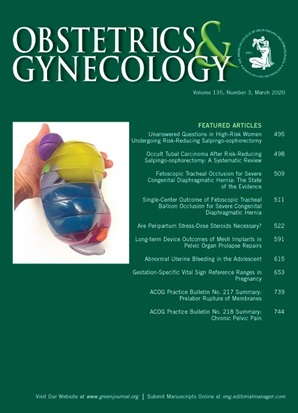


 Two journals have retracted two papers by the same group within months of each other, after editors were independently tipped off that they contained duplicated figures representing different experiments.
Two journals have retracted two papers by the same group within months of each other, after editors were independently tipped off that they contained duplicated figures representing different experiments.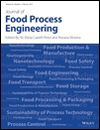 A food science journal has retracted a paper over “a breach of reviewer confidentiality,” after editors learned it contained text from an unpublished manuscript — which one of the authors appears to have reviewed for another journal.
A food science journal has retracted a paper over “a breach of reviewer confidentiality,” after editors learned it contained text from an unpublished manuscript — which one of the authors appears to have reviewed for another journal.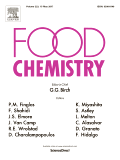 Journals have retracted two papers after they were flagged by a pseudonymous blogger, who suspected all had copied text from other sources.
Journals have retracted two papers after they were flagged by a pseudonymous blogger, who suspected all had copied text from other sources.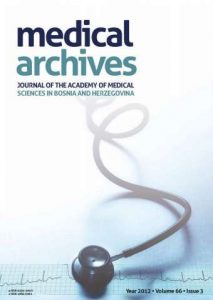
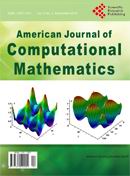 A researcher in Egypt is threatening to sue a mathematics journal if it doesn’t un-retract one of his papers.
A researcher in Egypt is threatening to sue a mathematics journal if it doesn’t un-retract one of his papers.